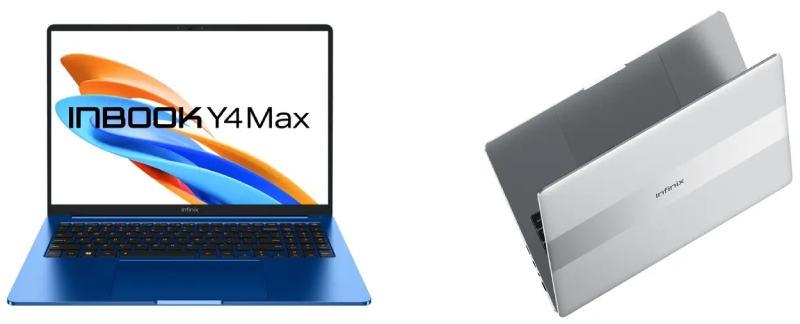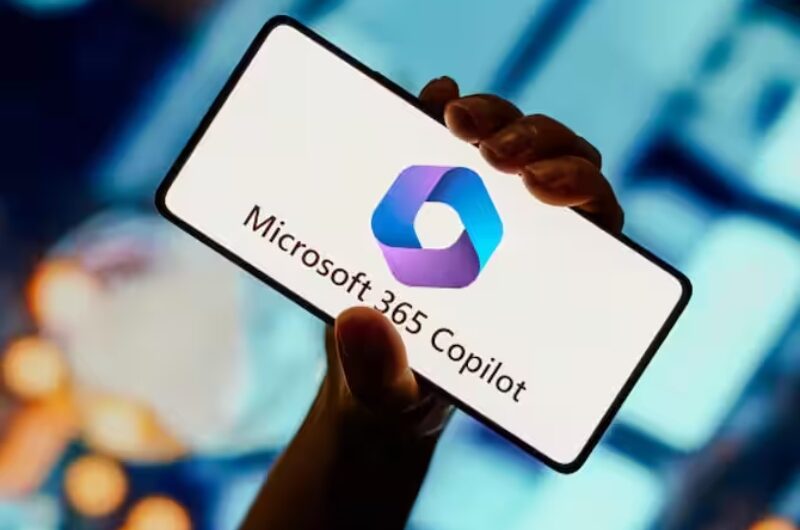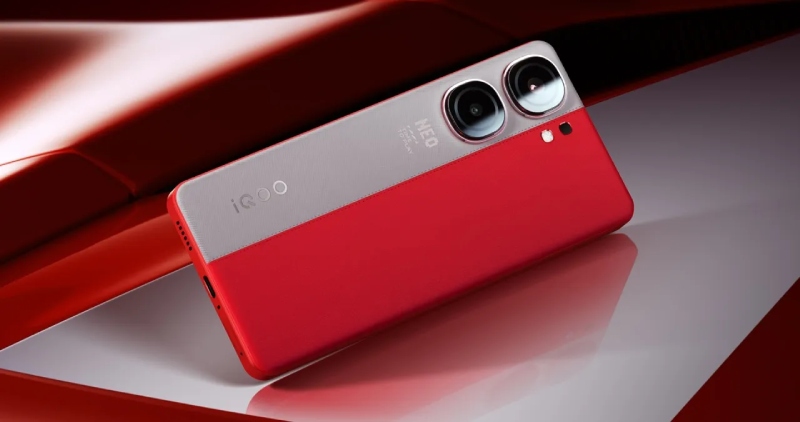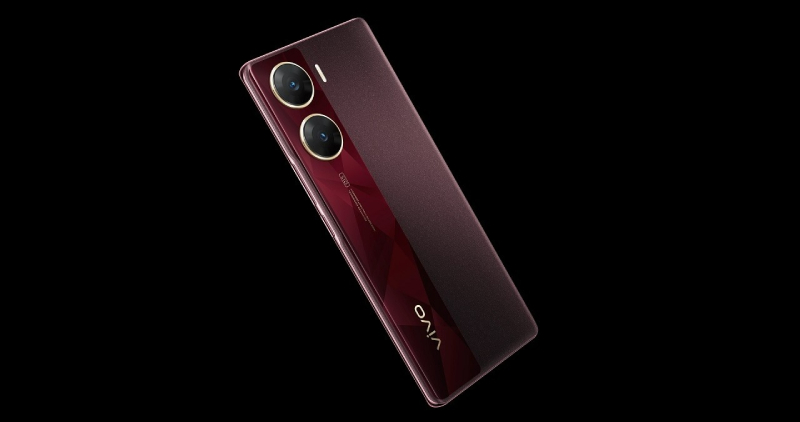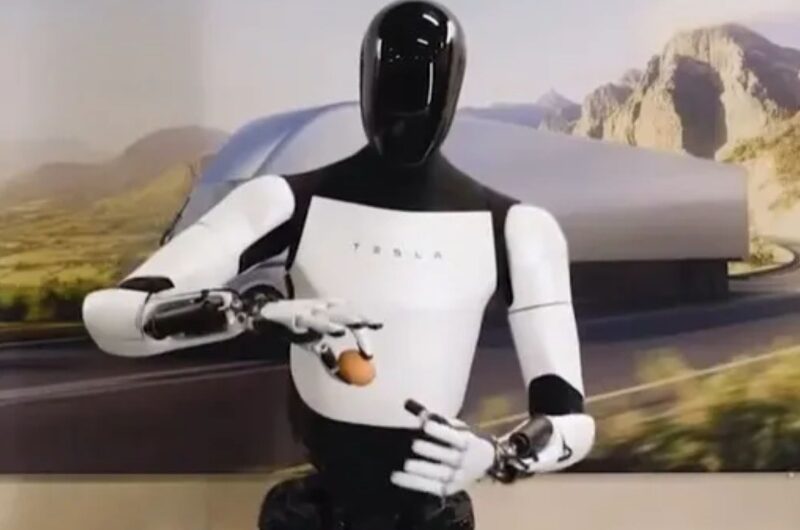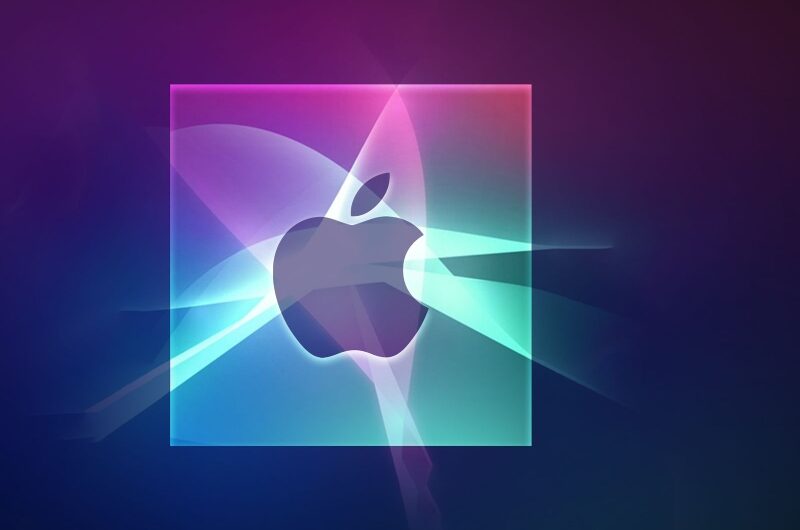While pursuing their PhDs at Stanford University in California, American computer scientists Larry Page and Sergey Brin started Google on September 4, 1998.
In a new tech environment of generative AI, chatbots, and social media, tech giant Google, which celebrates 25 on Monday, has gone a long way from its beginnings as a search engine in Susan Wojcicki’s garage, where she would later become the CEO of YouTube. While pursuing their PhDs at Stanford University in California, American computer scientists Larry Page and Sergey Brin started Google on September 4, 1998.
The business, which is now a subsidiary of Alphabet and is helmed by Indian-born Sundar Pichai, has diversified into a number of tech fields and has introduced a number of products.
Beyond Google Search, the company expanded quickly to provide a wide range of goods and services, many of which enjoy monopolistic market positions. Examples include Gmail, Google Maps, Google Cloud, Chrome, YouTube, Workspace, the Android operating system, cloud storage Drive, Google Translate, the video chat app Meet, Pixel smartphones, Google Assistant, Bard AI, and more.
In 2004, the business had its first public offering (IPO).
Waze was purchased by Google in June 2013 for $966 million. Waze and Google Maps, Google’s own mapping service, were effectively integrated thanks to its social elements, such as its crowdsourced location platform.
Google was reorganized in 2015 to become a fully owned subsidiary of Alphabet.
On October 24, 2015, Pichai was chosen to succeed Page as Google’s CEO. Page had previously served as CEO of Alphabet. Pichai was appointed CEO of Alphabet on December 3, 2019, as well.
With their Bard models, which cover over 40 languages including nine Indian languages, Google has joined the generative AI industry.
The tech giant has also increased Bard’s accessibility in new locations, such as Brazil and all of Europe. More than 230 nations and territories presently offer Bard.
Additionally, Google is introducing additional capabilities to enable users to more fully personalize their experience, foster creativity, and complete more tasks. These improvements include the option to add images to Prompts, hear Bard’s responses read aloud, and simply change Bard’s response length.
Google made plans to construct two more data centers in the US public at the beginning of May. These facilities will fuel the company’s tools, which will include AI technology.
Topics #Anniversary #company #Company Anniversary #Google #Google Bard #Larry Page #New Technologies #Sundar Pichai

